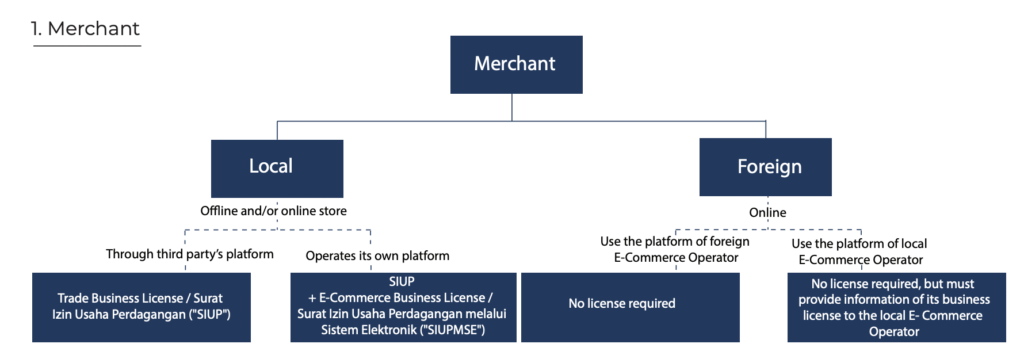Indonesia has been buzzing with discussions surrounding TikTok’s new initiative, Project S.
Project S is a new social commerce feature that opens up a new section on the TikTok app, titled Trendy Beat. According to the Financial Times, items that go viral on videos may be algorithmically selected and marketed for sale in the section, with TikTok’s parent company, ByteDance, working with a network of China-based suppliers to fulfill item orders. The feature is currently in development and undergoing testing in the UK market.
Teten Masduki, Indonesia’s minister for cooperatives and SMEs, said that Project S, if introduced in Indonesia, could put local MSMEs under pressure in an already-saturated market. Social commerce features like Project S could enhance the technological advantage of tech giants like TikTok, enabling them to outcompete local businesses more easily. According to Masduki, the TikTok initiative is suspected of gathering data on products that are popular in Indonesia and then producing similar products in China for domestic sale at cheaper prices.
To protect the interests of local MSMEs, he has urged Indonesia’s Ministry of Trade to revise Regulation No. 50 of 2020 (Reg 50/2020), which regulates trade in e-commerce, to apply to social commerce as well.
Regulation No. 50 of 2020
In May 2020, the Ministry of Trade issued Reg 50/2020 to clarify and regulate the e-commerce sector in Indonesia. Under Reg 50/2020, merchants, e-commerce entities, and intermediary companies that enable merchants to buy or sell goods and services, are subjected to tax laws and business licensing regulations.

Foreign e-commerce platforms that complete at least 1,000 transactions with or deliver over 1,000 packages to Indonesian consumers per year are also obligated to establish a foreign representative office in Indonesia.
Hermawati Setyorinni, chair of the Indonesia MSMEs Industry Association (AKUMANDIRI), said that products sold through cross-border marketplaces, particularly within the realm of social commerce, may be exempt from duties and taxes due to their lower prices and smaller volumes. This situation amplifies the fears among local MSMEs about the adverse impact that social commerce initiatives like Project S could pose to their businesses.
Leveling the playing field
According to Reuters, Zulkifli Hasan, trade minister of Indonesia, stated that Indonesia will restrict the online sale of imported goods priced below USD 100. Additionally, imported goods will be required to obtain a permit known as the Indonesian National Standard (SNI). Various ministries in Indonesia are expected to modify existing regulations in accordance with this change by August 1, 2023. Notably, this regulation will apply to both e-commerce and social media platforms for online transactions. Detailed guidelines on the implementation of this regulation have yet to be released.
In response to the controversy, President Joko “Jokowi” Widodo has assigned Indonesia’s communications and information minister, Budi Arie Setiadi, and deputy minister, Nezar Patria, to monitor potential social media and e-commerce issues, including TikTok’s Project S. He has also convened a task force to address these issues, along with matters pertaining to information and communications technology, base transceiver stations, satellites, and general ICT concerns.
“Love local goods, hate foreign products”
Concerned about the long-term state of Indonesia’s domestic manufacturing industry, President Jokowi has reportedly urged Indonesian consumers to refrain from purchasing imported products and to support local brands.
When probed on Project S, TikTok’s Indonesia office told Tech in Asia that Project S is not available in the country, emphasizing that the firm does not operate a cross-border business.
As the situation evolves, stakeholders eagerly await the outcome of the government’s regulatory efforts. In recent years, countries such as India have already enacted laws and regulations to protect their domestic enterprises. The impact of these regulations remains a critical topic of discussion, with potential implications on cross-border businesses and the economy not yet fully clear.

